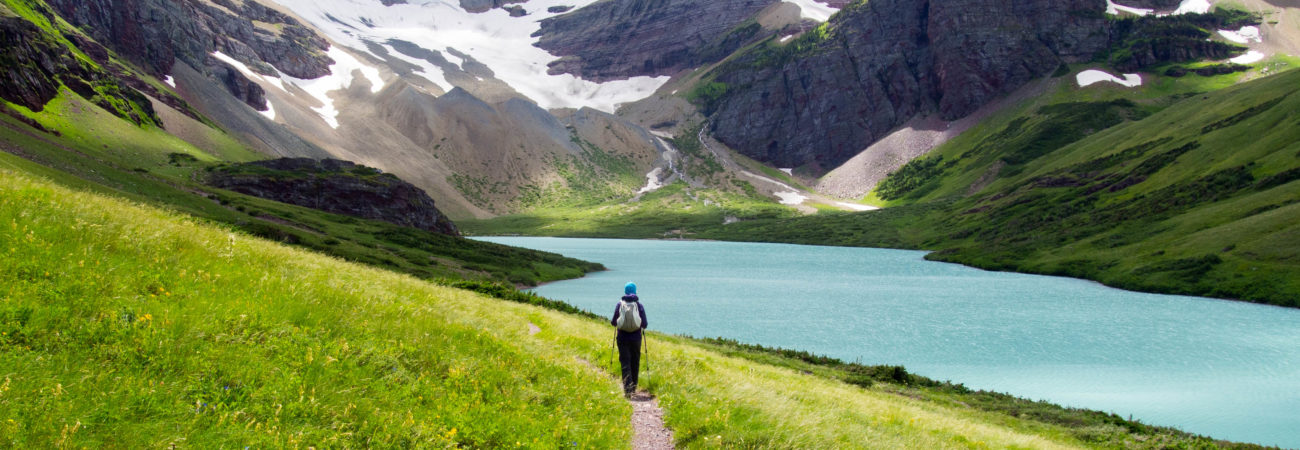In the village store, someone says, “I heard the geese go over,” and there is a moment of silence. Why this is so moving, I do not know. But all of us feel it.
Gladys Taber

Several weeks ago, as I turned to walk inside, I caught sight of a low flock of geese, honking, their wings golden, lit underneath with the glow of the setting sun as they flew southwest. It was arguably the most spectacular geese sighting I’ve ever had, a pristine moment in the midst of an ordinary week’s chaos.
My relationship with geese is hot and cold, a love/hate dynamic that extends as far back as I can remember geese. Majestic overhead, cranky on the ground; yellow fuzzballs that turn into hulking bodies whose unwieldy appearance is deceptive once you see them in flight. I recall watching “Fly Away Home” as the post-wisdom-tooth-removal pain medication wore off shortly before Thanksgiving my senior year of high school. I have distinct memories of playing hopscotch along any path of my New England college campus as I tried to dodge their goose-y droppings. When I take my daughter to “feed the ducks,” often we are actually tossing park-provided pellets to a gaggle of geese, a few ducks mixed in if we’re lucky.
There is something unmistakable about the call of a flock overhead in the chill air of a late October afternoon, something that evokes nostalgia, yearning, wholeness. There is also the unmistakable nuisance of those dark green-brown droppings, impeding my easy footfalls. Ahh, New England in autumn, impressions of seasonal cycles, of eternity in the air… but watch where you step. Suffice it to say I like my geese better in the air than on the ground — a preference reflected by quite a few writers who focus on flight rather than what is left behind below.
In a novel very much not about geese, The Magicians, Lev Grossman dedicates several pages to describing the transition from man to goose. During one school assignment, or study abroad session, you might call it, protagonist Quentin and his peers are transformed into geese in order to travel to Antarctica.
“This body,” Grossman writes, “was made for either sitting or flying, not much else, and as it happened, Quentin was in a mood to fly. In fact, he felt like flying more than he had ever felt like doing anything in his entire life.”
And he’s off. The description of the students’ hundreds-of-miles-long journey is such that it is difficult to believe Grossman himself has never inhabited the body of a goose. He continues:
“[Quentin] could perceive wind speed and direction and air temperature as clearly as whorls of smoke in a wind tunnel. The sky now appeared to him as a three-dimensional map of currents and eddies, friendly rising heat plumes and dense dangerous sinks of cool air. He could feel the prickle of distant cumulus clouds swapping bursts of positive and negative electrical charge… They flew all day, following the coastline, past Trenton and Philadelphia, sometimes over sea, sometimes over frozen fields, surfing the temperature gradient, boosted by updrafts, transferring seamlessly from current to current as one petered out and the next kicked in. It felt fantastic… Quentin had never experienced peace and satisfaction like this.”
Later, Quentin “sighed and resigned himself to being a man again,” but for a time basks in “the Zen afterglow of having been a goose.”
In poetry also, geese also appear in times and places of transition, as daylight diminishes and temperatures shift. Wendell Berry explores the concept of transition in the presence of geese in his poem, “The Wild Geese,” when he contrasts “names / that rest on graves” with “a persimmon seed… the tree / that stands in promise” as “geese appear high over us.” Death, life, and the geese to remind us that we’re merely standing on the ground.
We experience the early chill of autumn as walkers on a tightrope, balancing precariously with memories of summer on one side and the expectation of winter on the other. Geese, too, are somewhere in the middle, both coming and going, leaving one place and returning to another. In her poem “Wild Geese,” Mary Oliver writes, “Meanwhile the wild geese, high in the clean blue air, / are heading home again.” Autumn is a time of returning. For wherever we have strayed, chasing summer’s promises in light and warmth that seemed as though they were all we needed, we remember, come autumn, where we began.
Listen to Oliver read “Wild Geese” at Brainpickings, here. And below, my cento, crafted many years ago when I first encountered Oliver’s “Wild Geese.”
Head home, whoever you are,
to family and things.
You do not have to be good
to announce your place,
to love the wild geese.
The sun, high in the clean blue air,
repents over the prairies and trees.
The lonely world call to you
across landscapes of imagination, yours.
Meanwhile, love goes on.
Walk a hundred miles through despair,
across mountains and rivers,
and when the soft animal
of your body
falls on its knees,
I will call you mine.
Waning light. Trees’ slowed growth. Perhaps the elemental call of geese in autumn is a good reminder to shift your gaze, to take your eyes off the crap and turn upward, inward. If it’s quiet enough, you might hear the beating of strong wings. Nostalgia, yearning, wholeness. Past, future, present. Flight at its finest.

